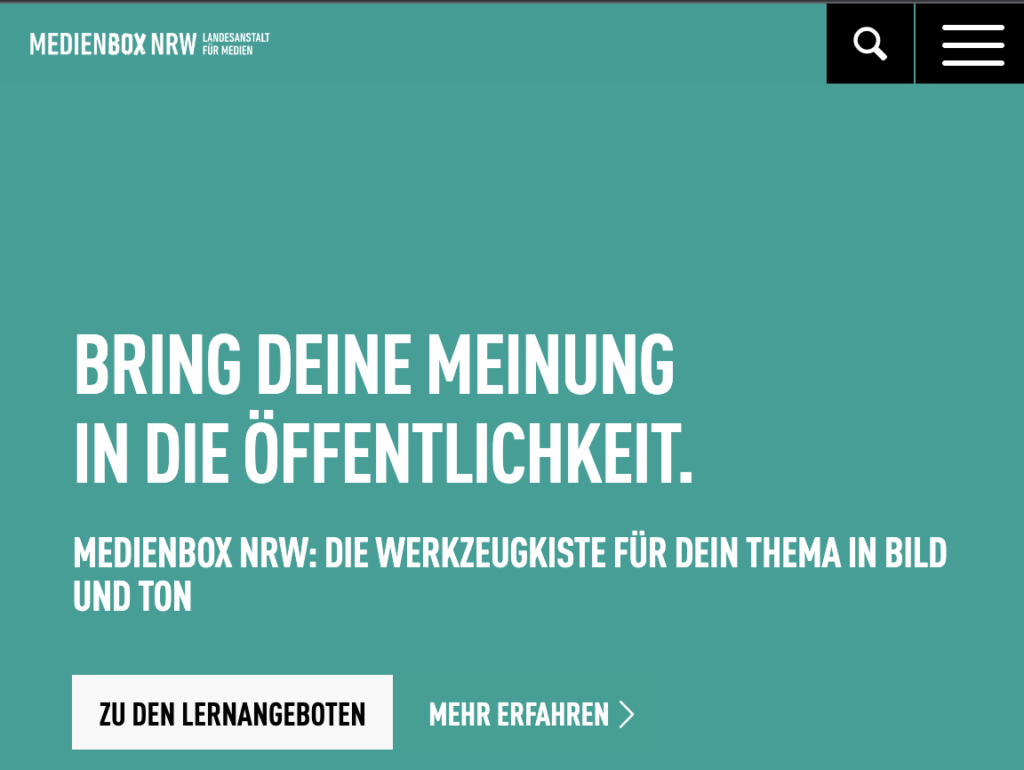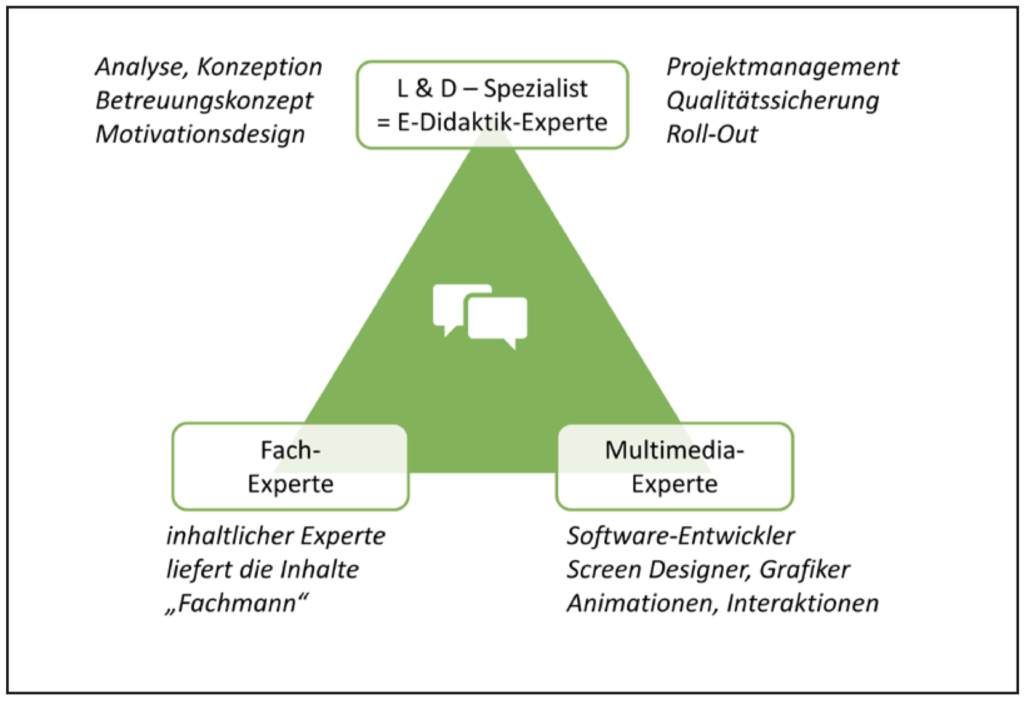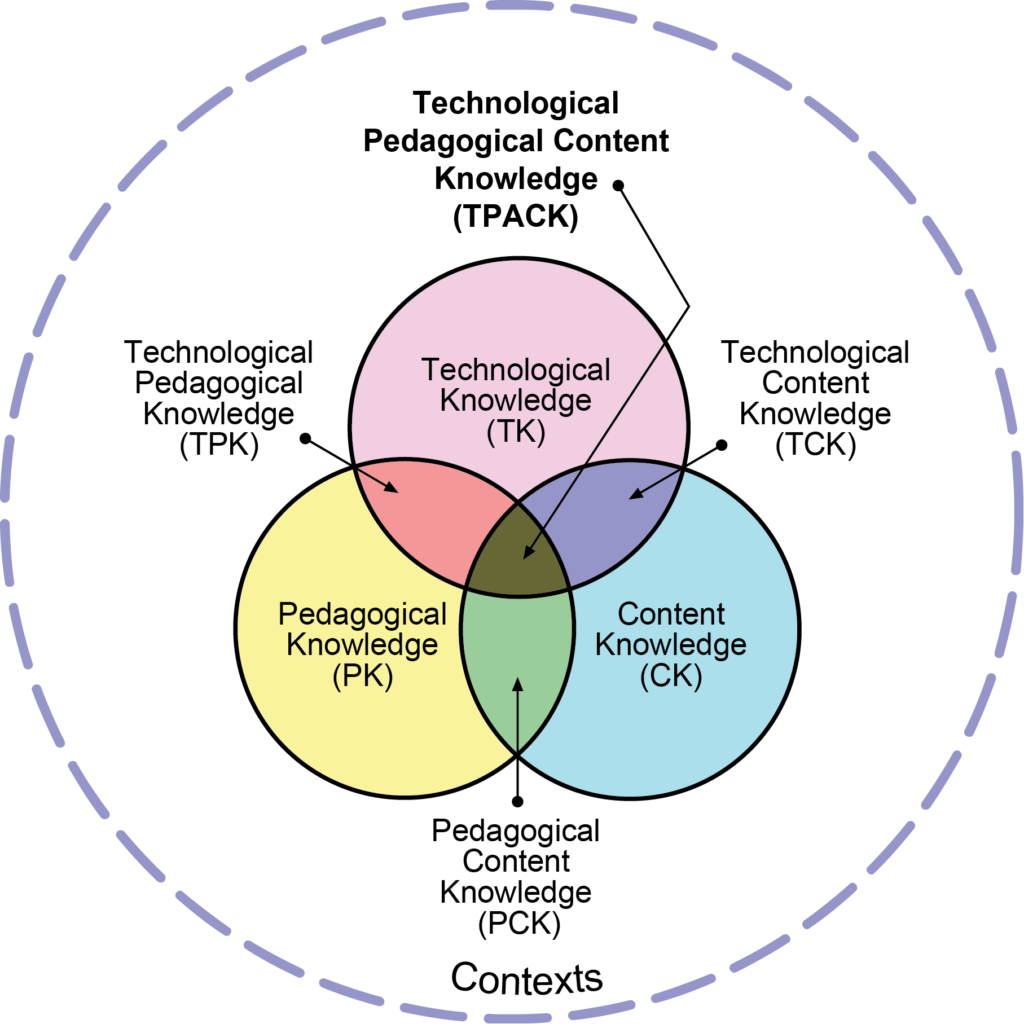Über den News-Hinweis von Dirk Ifenthaler bin ich auf das „Call to Action“-Dokument des EDUsummIT 2022-23 aufmerksam geworden. Zur Veranstaltung in Kyoto waren ca. 90 WissenschaftlerInnen, EntscheidungsträgerInnen und PraktikerInnen eingeladen (aus Deutschland dabei: Prof. Dr. Ifenthaler und Dr. Kerstin Drossel, vgl. Liste der Thematic Working Groups). Als gemeinsames Ergebnis der Arbeitsgruppen wurde der oben verlinkte „Call to Action“ veröffentlicht, den ich hier aufliste:
Personalized and Flexible Learning
- Extend the boundaries of formal education to include teaching and learning in informal and non-formal contexts using diverse technologies, in order to foster self-directed learning of students and teachers.
- Promote organizational flexibility and funding for design and development of innovative teaching and learning environments.
- Create mechanisms to credit non-formal and informal learning practices in formal education systems.
- Construct communities of practice consisting of various stakeholders in order to co-design innovative teaching and learning environments.
- Promote the creation of digital spaces where practitioners, researchers and policymakers work together to leverage co-creation of ideas and sustainable innovations.
- Design digital learning environments for students that support SRL (self-regulated learning) development, and acknowledge opportunities and limitations of these environments.
- Include SRL and ways to support SRL by technology in existing competency frameworks for teachers, and incorporate this into teacher education.
- Initiate research that clarifies the role of technology in SRL, both theoretically and empirically.
- Initiate new multidisciplinary research methods that are design-based and embedded in practice to inform infusion and sustainability of technology in innovative teaching and learning environments.
Teacher Professional Learning and Development
- Ensure that practitioners participate in the development and evaluation of data-based approaches to modeling teaching and learning that they can trust, thereby promoting teacher agency.
- Develop participatory research and implementation of adaptable, context-based systems for making informed decisions, to foster a culture for professional learning and development, rather than evaluation.
- Develop theories of teacher professional learning, pedagogical reasoning, and effective practice that consider new global educational realities involving new data, new practices and also considering new roles and identities of teachers.
Equity and Inclusion
- Focus the learning ecosystem towards inclusion of excluded populations: develop digital competence and adopt critical approaches towards technology bias and opportunities.
- Encourage agile policy making framed within values and a vision of education in the digital era, respecting diversity and leading to inclusion and equity.
- Promote research-based policies to fund effectively-tailored ICT resources and assistive technologies that support students with special needs.
- Call on practitioners to hear the voices of special needs students about their experiences using ICT (including assistive technologies), in order to make informed adjustments to teaching and learning in the digital era.
- Enable policies that sustain digital technology accessibility and usability for marginalized. communities and individuals, and promote regulation and accountability of EdTech developers and providers.
- Encourage research and develop tools to measure and monitor digital equity in educational contexts.
Artificial Intelligence (AI)
- Identify and support new roles of educational stakeholders, pedagogical practices and policies for AI and data literacies in educational contexts.
- Foster Human-AI-Alliance in education through institutional strategies and actions to support teachers’ agency and to avoid deprofessionalisation of educators.
- Build and use a rigorous body of open knowledge and evidence about AI in education to support evidence-informed development of AI applications and pedagogical practices.
- Prioritize privacy and ethical considerations through a multiperspective and interdisciplinary approach as the core of AI in education.
Social Emotional Learning
- Develop a taxonomy for SEL (social emotional learning) in digital contexts to be used by practitioners, taking into account ethical principles in teaching practices.
- Construct communities of practice using online technologies to solve key problems related to SEL.
- Integrate SEL in digital educational contexts in pre- and in-service teacher training programs.
- Conduct research across different countries and cultures to understand the role of technology in development of SEL competencies and their impact on learning and flourishing of students.
AND
Prioritize well-being of young people and teachers in the digital era, in order to empower them to leverage digital technologies in ethical and meaningful ways in teaching, learning and assessment practices.
A Call to Action, EDUsummIT 2023, Kyoto, Japan, May 29-June 1, 2023
Ein solcher Call zeigt immer auch die Interessens-/Forschungsschwerpunkte der beteiligten Akteure und muss als Zusammenfassung von Handlungsempfehlungen der 9 thematischen Arbeitsgruppen des Summits gelesen werden. Unabhängig davon, inwieweit die Teilnehmenden den Call für sich selbst zur Agenda machen oder nur als Abschluss-Statement setzen, als Impuls mit empfohlener Schwerpunktsetzung bzgl. Digitalisierung in der Bildung aus internationaler Perspektive erscheint er mir lesenswert.
Für mich interessant ist die starke Betonung des selbstregulierten Lernens (SRL) und der gesonderte Fokus, den Künstliche Intelligenz sowie das Sozial-Emotionale Lernen (SEL, vgl. Beitrag des Clearninghouse der TUM) in der Auflistung einnehmen. Mit Perspektive des Design for TEL wären meine gewählten Schwerpunkte aus der obigen Liste die grau hinterlegten Punkte.



